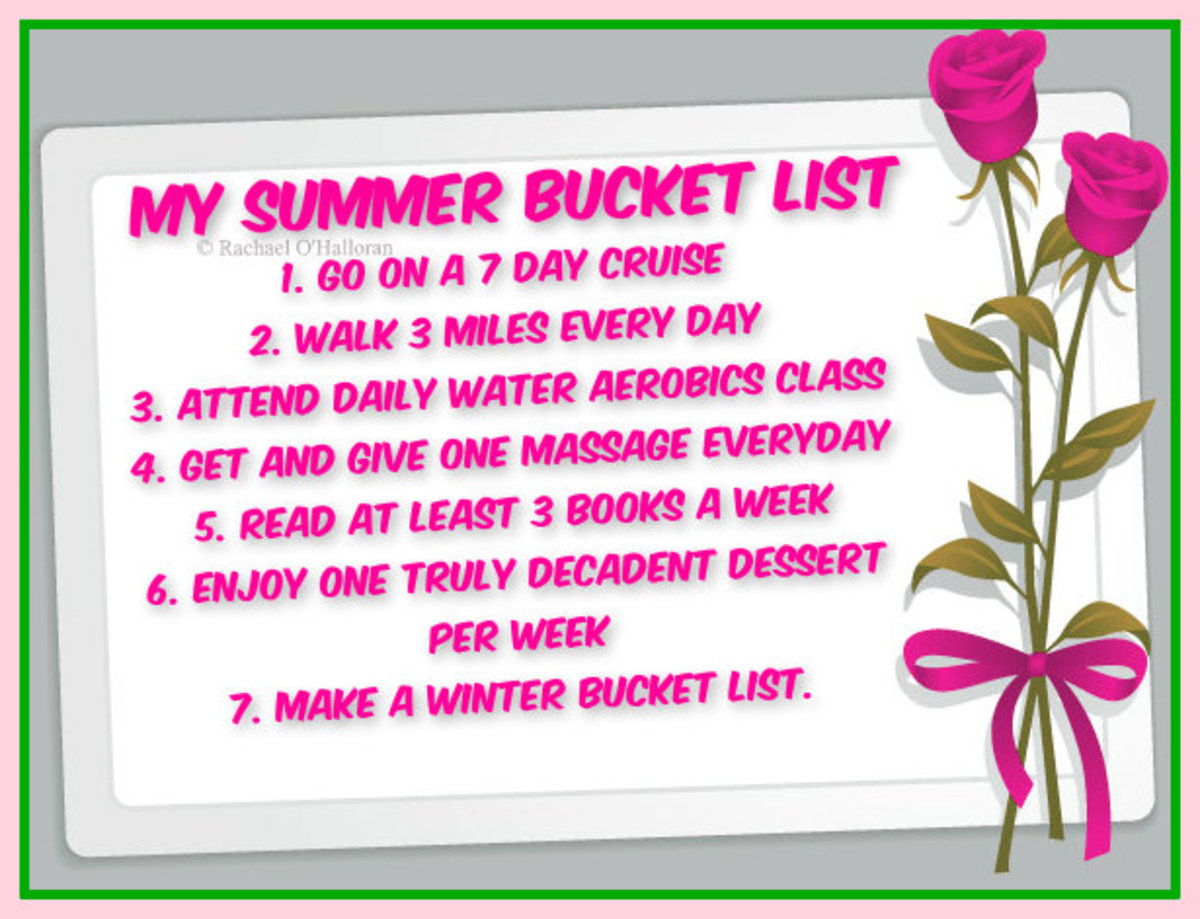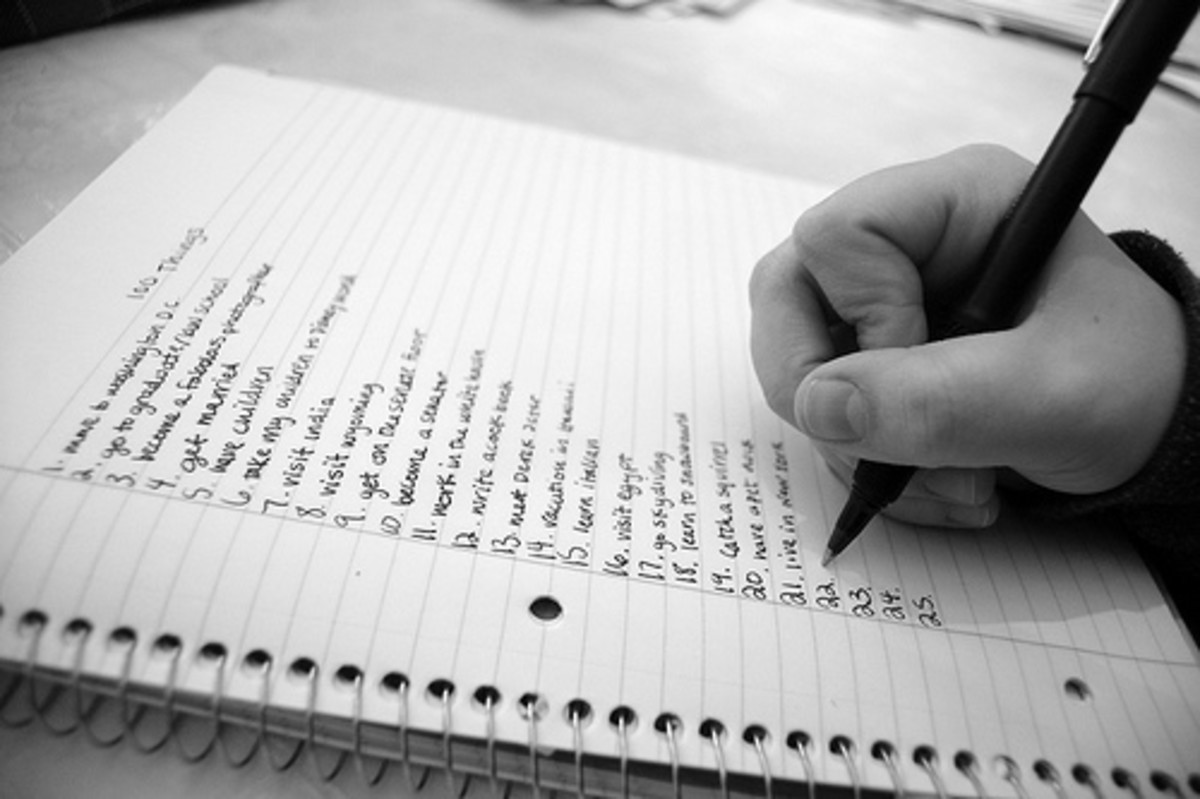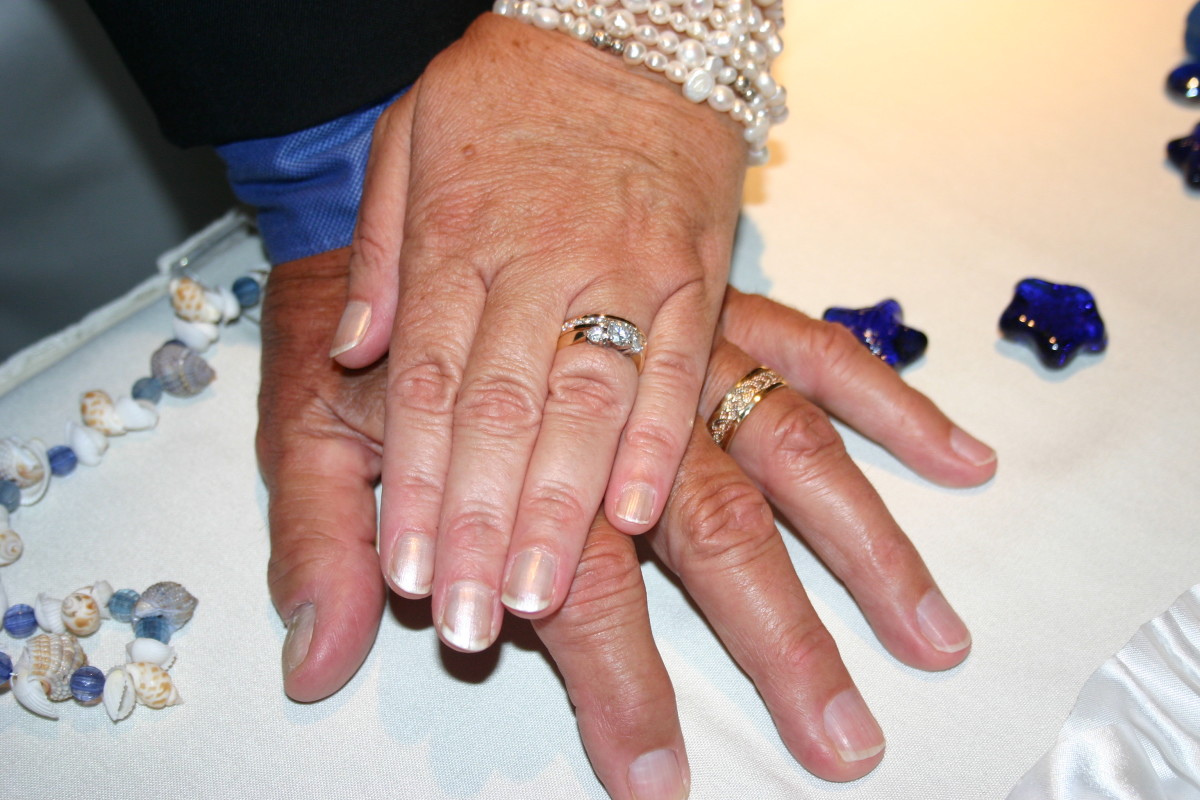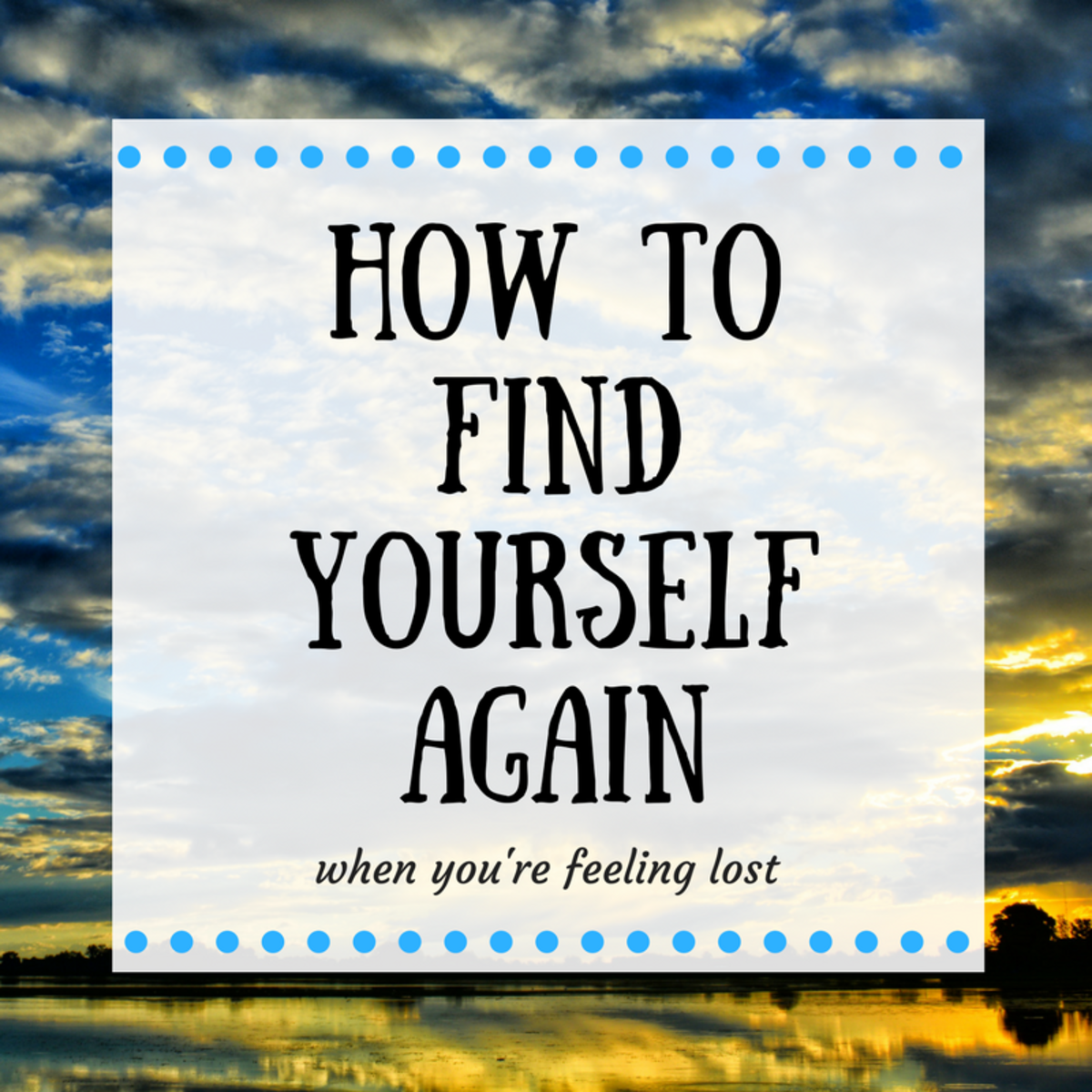One Way To Reassess Your Life
Writing a List: Help or Hindrance?
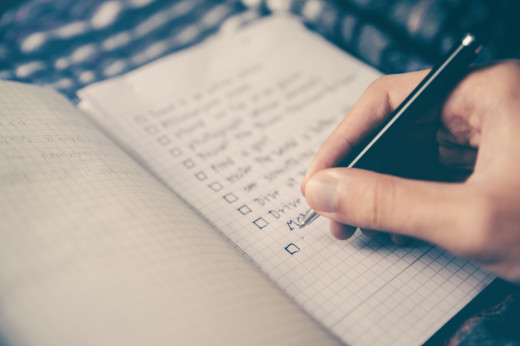
Take Stock of Everything you have Done
It was 2014. I had just graduated from University with a Bachelors in Psychology, after spending the previous three years living five hours away from home, learning to face the adult world, whilst balancing my studies.
For most people, their university years are one to look back on with fondness. Whilst I certainly had my fair share of adventures and misadventures alike, I actually returned to my mother's house in my hometown, on the brink of a major nervous breakdown.
During my first summer home, things deteriorated and I ended up trying to take my own life. It was only due to a typically wet British summer that saved my life. I tried to hang myself, but the rain made it impossible. I returned home that night and by the next morning, without a wink of sleep, I was facing my GP who immediately got in touch with the crisis team. I was rushed into therapy and onto medication.
These are stories for another time, but I wanted to set the scene, at least to a point, of the lows I have experienced over the years.
Still, now seeing a therapist, on medication, and my family and friends finally on alert to how things were not going well for me, I began to look for ways to recover from my breakdown. It was a scary time. I was swallowing constant panic attacks and could hardly bear being on my own for any significant length of time.
Again, other methods I have tried can be saved for later articles, but for now I want to shed light on some insight I gained some six years ago. I still use it to this day, whenever it feels like the demands of life are becoming overwhelming. Mindfulness meditation has rightfully gained traction as a great method for overcoming daily anxiety. This method, in a sense, is linked to mindfulness. Either way, it's a rational way to breathe, take a step back, and assess your world view.
Lists. We see them everywhere. There are Top 10 lists for almost any topic you desire, easily accessible online. It's a common strategy given to those who feel lost, or who need to rebuild after a major depressive episode.
The concept is simple: make a list of all the things you need to get done over the foreseeable future. Reassess things, prioritise, and gain that swelling pride every time you get to check something off the list.
It can work as a major motivator in improving almost any aspect of your life. From daily personal care and living, to long-term writing and art projects, to-do lists can be a good way to make sure everything gets done.
A typical to-do list for someone in the midst of a mental breakdown could be:
- Shower
- Clean Room
- Take out trash
- Look for work
- Update resume
- Prepare for interview
...and this list could go on, reaching goals further down the line, where the overall acheivement is 'bigger', such as using their new job to buy a car or take driving lessons.
There is no point in working on the draft to your crime novel idea, if you are too depressed to wash your dishes or brush your teeth. A good to-do list for someone who is struggling, should start with the ultimately basic human requirements such as showering daily. To begin with, checking that one requirement off should be enough, and to stagger expectations over time to allow for recovery.
However, sometimes a to-do list can be counter-productive. Typically, someone who is going through a depressive episode is only able to do the very basics. For many during recovery, weeks or even months can go by, where all you feel able to do is get yourself showered and dressed.
Looking at a long list of things you still haven't done, a long time after you devised said list, it is easy to become overwhelmed and obsess over the things you haven't done yet. At times, this could cause someone to give up entirely on healing, because they feel like they are getting nowhere.
For me, a big change happened when it occurred to me that I should try writing have-gone lists, rather than to-do lists.
Every day on a sheet of scrap paper (you could use a notepad on your phone or laptop, if you want to save on paper), I used to write down all of the good things I had done that day.
So, to begin with for me, it meant waking up anytime before 11am. It meant showering before lunch. If I did something creative, I'd make sure to write it down. If I went on a walk - it went on the list. If I spoke to an old friend on messenger - it went on the list. Literally any action that was in any way productive, I'd write it down.
Now instead of a list of self-demands for the future, I had a checklist of how well I was doing each day, it made a huge difference.
During recovery, I very reluctantly tried yoga. After a few awkward sessions, bending myself into all kinds of knots on my bedroom floor, I began to enjoy it and find benefit. So, instead of 'showered' appearing on my list alone come lunch time, I'd also include yoga. Just 2 minutes of yoga was worth noting down on the list.
I'd write small, so usually one A4 sheet of paper held a whole week of my life. Whilst I was noting down something good I had just done, I'd see this overview of how well I was doing. I'd be able to tell, after a while, certain moments when my moods had dropped, based on the lack of things noted down.
But eventually, those pieces of paper contained things like 'wrote a poem' 'finished novel' 'wrote a song' 'got a job' 'went to work' 'went travelling'...and so on. After a while, I stopped noting down that I had a shower and brushed my teeth. They had fallen out of my mind as 'achievements' as I had progressed so far in my recovery.
Even once back in work, creating, and living a functional life, I still hadn't checked off everything from those earlier to-do lists. I had thrown them out, and good riddance. I had become grateful for all the small steps I had made towards self-improvement, and stopped obsessing about all the people I had not become yet.
It won't be the key to happiness. Alone, writing have-done lists won't save you. But I would urge everyone to try it. You will be surprised at how many mountains you scale over the hours of a normal day.
Goals and dreams are wonderful and they have a place. But to fully appreciate what we have and who we are, we need to take stock of how far we have come, and where we came from.

